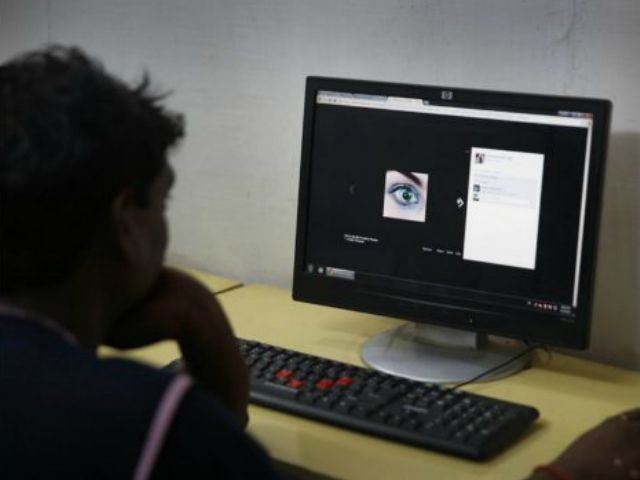Despite losing a Supreme Court case in which he argued that pornography is “worse than Hitler,” an Indian lawyer has managed to get the nation’s Department of Telecommunications to block 857 pornographic websites nationwide, sparking an uproar from free speech supporters.
Attorney Kamlesh Vaswani petitioned the Indian Supreme Court to block a list of websites he generated by searching for the most popular pornographic material in India, the New York Times explains. He was denied, with Supreme Court Chief Justice H.L. Dattu decreeing that adults in India had the right to peruse pornographic material if they wished.
Vaswani decried pornography as “It is worse than Hitler, worse than AIDS, cancer or any other epidemic… more catastrophic than nuclear holocaust, and it must be stopped.”
Rejected by the Supreme Court, Vaswani used his connections, taking his list of websites to the nation’s Department of Telecommunications where, the Times reports, it is believed that Pinky Anand, a high-ranking associate of President Narendra Modi, took the list of sites. They were banned within days. Vaswani has thanked President Modi personally in public statements.
An uproar began almost immediately on social media, when popular pornographic websites all appeared to be blocked. Facing heated criticism for defying the free speech rights of Indians, the government has begun to issue statements that it will review the policy and streamline it to target and eliminate child pornography. IT Minister Ravi Shankar Prasad has denied that the move represents a “Talibanisation” of India, and that “our government supports a free media, respects communication on social media and has respected freedom of communication at all times. My government is committed towards freedom on social media and communication on the internet.”
He noted, however, that the government is nonetheless looking to potentially appoint an official pornography ombudsman to watch and monitor sites for child pornography or other illegal content. Prasad added that the Indian government has “no intention of engaging in moral policing.”
Of particular outrage is that the list Vaswani delivered to the Department of Telecommunications contains a number of clearly non-pornographic sites, like CollegeHumor.com and 9gag.com, which mostly generate traffic by publishing internet memes and funny videos. Earlier this morning, Prasad announced that those sites deemed non-pornographic would in fact be removed from the list. Prasad stated, the Times of India reported, upon announcing this that the ban on pornographic sites would continue “in obedience to the observation of the Supreme Court where the court asked the department to take action on the list of alleged porn sites provided by the petitioner,” a bizarre statement given that the Supreme Court rejected precisely such a ban.
Few believe the ban will do much to stop Indians from watching pornography. As First Post notes, 857 websites constitutes about 4% of the pornographic content on the internet, leaving 96% of the internet’s porn free to browse in the nation. It is not known whether the government will gradually add more websites to the list as Vaswani discovers them.

COMMENTS
Please let us know if you're having issues with commenting.